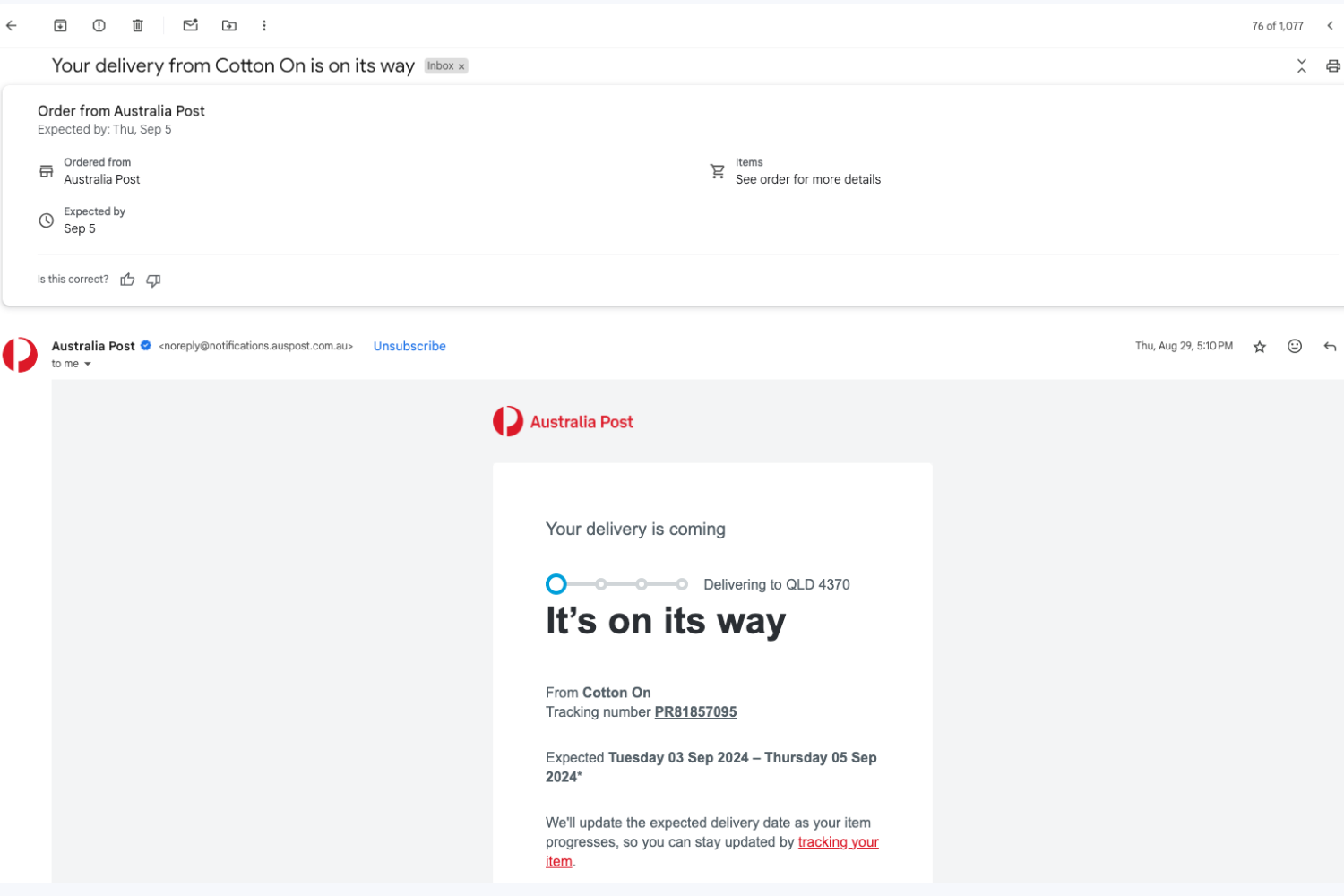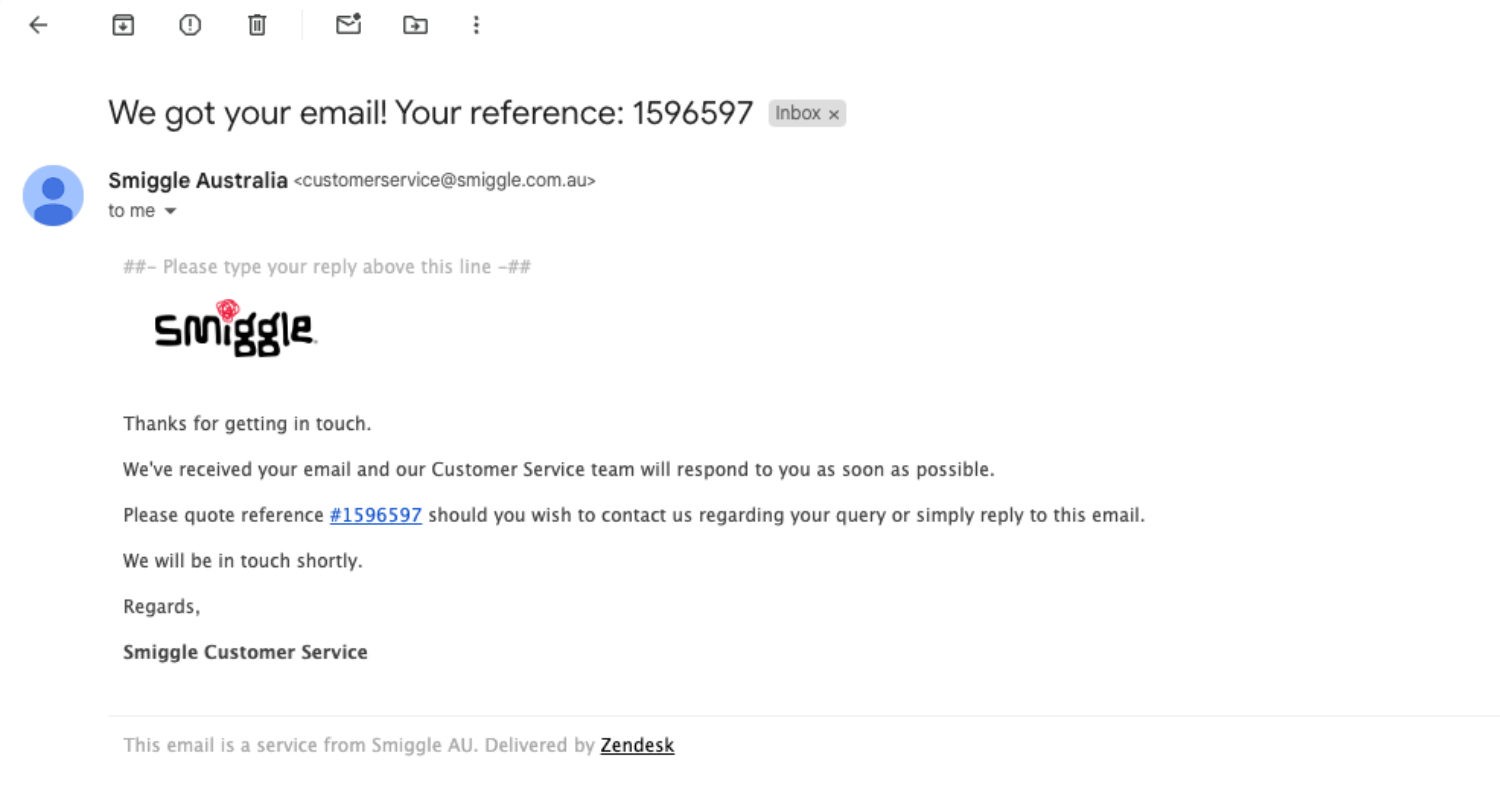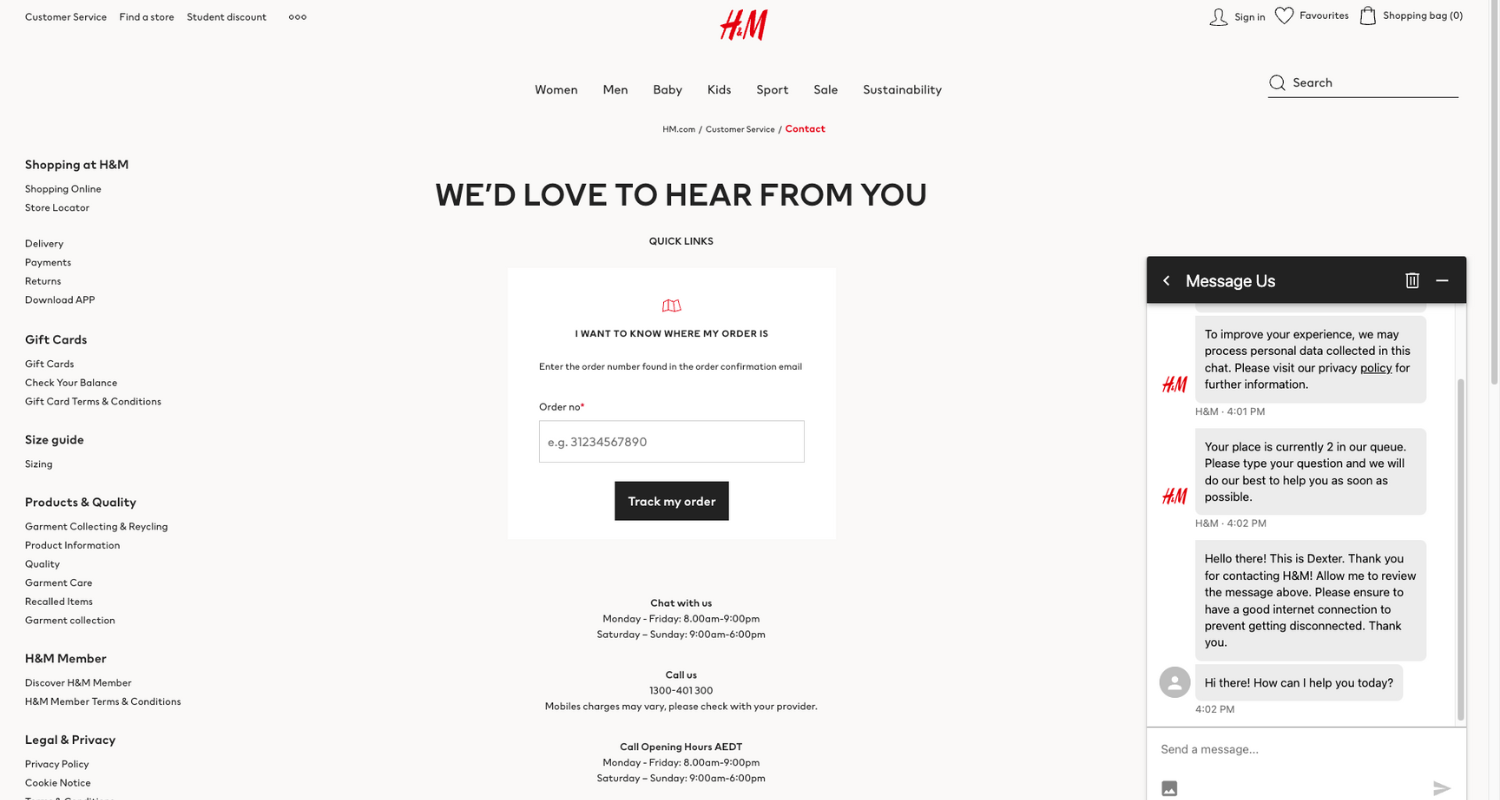Running an ecommerce business means keeping up with inventory, processing orders, and handling marketing—all at once. It’s a lot to manage and can get overwhelmingly fast without the right systems. That’s where automation comes in. Streamlining repetitive tasks and reducing errors helps keep things organized and running efficiently, giving you more time to focus on growth.
This blog will explore how to streamline online stores by digitizing order management, inventory tracking, and customer service. Discover how ecommerce automation can help your business scale efficiently while keeping customers happy.
Maximizing efficiency for business growth
Salesforce research shows a strong link between automation and employee happiness — 89% of employees feel happier, and 84% feel more positive about their company when automation is in place.
Automation streamlines your and your team’s work and enhances workflows, saving your business time and effort. The result? A more efficient and consistent way to handle responses, personalized service, and customer service. Ultimately, both your customers and business benefit from ecommerce automation.
Here are some ways to maximize your business’ efficiency through automation.
Streamlined order processing
Picture this: you buy a new pair of shoes online. From updating stock levels to sending you a tracking number – someone would have to do all these tasks manually if automation is not in place. This would take extra time and can be prone to errors.
By using digital ecommerce systems, these steps can be processed faster, mistakes can be reduced, and the overall shopping experience can be improved.
Here are some tools you can use to streamline order processing:
- Shopify Flow – Automates order tagging, fraud detection, and customer notifications.
- ShipBob – Sends orders to the closest fulfillment center for faster shipping.
- ShipStation – Automatically generates shipping labels and updates tracking details.
- SkuVault – Keeps stock levels updated in real-time to prevent overselling.
- Zoho Inventory – Syncs inventory across multiple sales channels for consistency.
Returnly – Automates return approvals and provides instant store credit.

Inventory management
Automating inventory management helps ensure your stock levels are always accurate and up to date, saving time and reducing costly mistakes. Here’s how it helps:
- Instantaneous tracking: These digitized systems adjust inventory levels instantly, eliminating in-stock and in-demand issues.
- Seamless Multi-Channel Management: Keep inventory synced across multiple sales platforms for consistent stock levels.
- Better Customer Experience: Ensuring products are always available means customers can shop without frustration.
With an automated system, you gain better control over inventory, allowing your business to stay flexible and adapt quickly to demand.
Financial management
Digital ecommerce systems can also optimize invoicing and reporting. With the proper automation software, you can handle billing, track payments, and generate financial reports without the threat of manual errors. Here are some tools you can use:
- Accounting and Bookkeeping: QuickBooks, Xero, FreshBooks – Automate invoicing, expense tracking, and reporting.
- Expense and Budgeting: Expensify, Ramp, Divvy – Simplify expense tracking, reimbursements, and budget control.
- Payroll and Taxes: Gusto, ADP, Paychex – Automate payroll processing, tax filings, and compliance.
- Billing and Subscriptions: Stripe, Chargebee, Recurly – Manage recurring payments, invoicing, and revenue tracking.
- Financial Planning: Anaplan, Planful, Float – Automate budgeting, forecasting, and cash flow analysis.
Ecommerce automation can enhance core operations, including financial management, and provide valuable financial insights.
Improving accuracy and compliance through automation
Automation tools enable businesses to maintain accurate records, deliver uniform customer service, and comply with regulations. By automating data management and identifying errors early, companies can prevent costly mistakes and operate more efficiently.
Data entry accuracy
Data entry is often done manually, resulting in typos and inconsistencies. Automation software guarantees that your records are clean, precise, and up-to-date. This is especially important for applications like inventory management, where precise inventory levels can result in high-risk mistakes, such as stockouts or excessive inventory.
Consistent customer service
Providing top-notch customer support is one of the main things you always have to ensure when running an online store. Fortunately, you can still offer excellent customer service while automating some parts of it. You can provide reliable, timely customer support by automating customer service and improving their overall experience.
- Chatbots and automated responses: Provide immediate answers to frequently asked questions, minimizing wait times.
- Minimized miscommunication: Automation makes sure questions are not overlooked or mismanaged.
- Timely updates: Ensures accurate information in a customer’s inbox to make them happy and satisfied.

By automating support, you provide reliable, efficient support that builds trust and loyalty.
Automated compliance
Staying compliant is crucial for ecommerce businesses. Digital ecommerce systems track and store critical data so you can hit regulatory requirements without error. From taxes to data protection, automation saves you from making expensive errors by tracking real-time compliance.
Improved customer experience
Ecommerce automation is key to building strong relationships. Customers with a good experience are likelier to return, tell others about your store, and leave positive reviews. Here are ways to automate your ecommerce customer experience.
Personalized marketing
Ecommerce automation simplifies marketing by personalizing each customer’s messages, offers, and recommendations based on data and AI. Here’s how it helps:
- Personalized Email Campaigns—Tools like Klaviyo and Omnisend can automatically generate emails based on customer behavior, such as past purchases.
- Dynamic Product Recommendations – Platforms like Nosto and Reco.ai suggest products based on browsing history and preferences.
- Automated SMS & Push Notifications – Tools like Postscript and OneSignal send personalized discounts or reminders to boost engagement.
- Loyalty & Rewards Automation – Programs like Yotpo personalize rewards and incentives to encourage repeat purchases.
Faster response times

Who doesn’t love getting a fast response when buying things online? Before, providing quicker response time to customers online would take a lot of resources. But that’s not the case now.
There are chatbots and other forms of automation (live chat, email response, etc.) now to ensure that customers get fast and accurate customer support. Your customers are informed, and you address their concerns as soon as possible by automating responses to inquiries, order updates, and shipping notifications.
Wrapping It Up…
Ecommerce automation tools for inventory management, marketing automation, and live chat reduce human error and enhance the customer experience. Digital ecommerce systems save you time and effort to personally engage with customers, resulting in a more positive experience. Utilizing digital ecommerce systems is your best weapon for rapid business growth and success.








